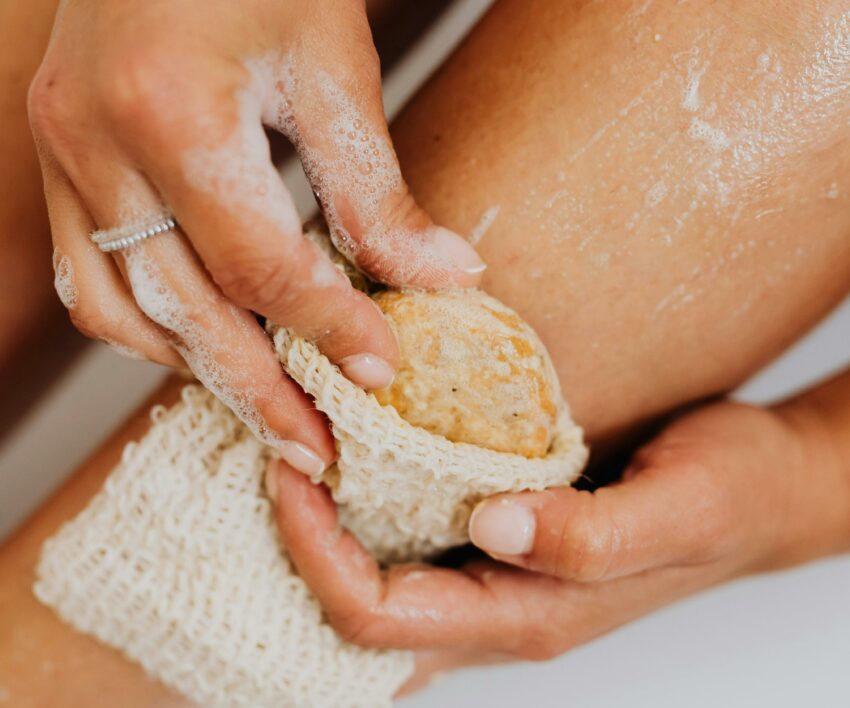
If you’re not exfoliating your skin weekly or even daily, you’re neglecting an essential task. Skin exfoliation is crucial for removing the dead cells from your skin’s surface.
According to beauty hub, Byrdie, a good skincare routine includes cleaning, moisturising, sunscreen application, and exfoliating. There are two forms of exfoliants: physical (grains like sugar or salt) and chemical (acids like AHAs and BHAs). When used correctly, both types can benefit the majority of skin types.
Physician assistant Rachel Burns says, “Daily, our skin cells renew, and the cells that form the outer layers of our skin die as the new cells replace them. Exfoliating ensures that the dead cells are completely removed,” adding, “If we don’t remove the dead cells, our skin can appear dull and, in time, our pores can become blocked, which often leads to a breakout of acne or oily skin.”
According to board-certified dermatologist Michelle Henry, MD, exfoliating stimulates collagen synthesis, which improves skin texture and keeps your complexion looking lush, tight, and young.
Michele Farber, MD, a dermatologist, recommends using one exfoliation product per day, but once your skin is accustomed to using products, alternating between different exfoliants can be beneficial.
It is also important to consult a dermatologist if you are unsure about your skin type and what products are suitable for you.
Tips provided by the Dermstore for exfoliating:
- Avoid scrubbing too hard or too frequently.
- Use caution when using a loofah or other instruments.
- If your skin is dry and inflamed, avoid using a chemical exfoliant too regularly.
- Warm water is preferable to hot water, which might be overly abrasive and cause dry, irritated skin.
- Moisturise your skin after exfoliating.
Also see: Klein Karoo artist Hylton Nel inspires Dior show




